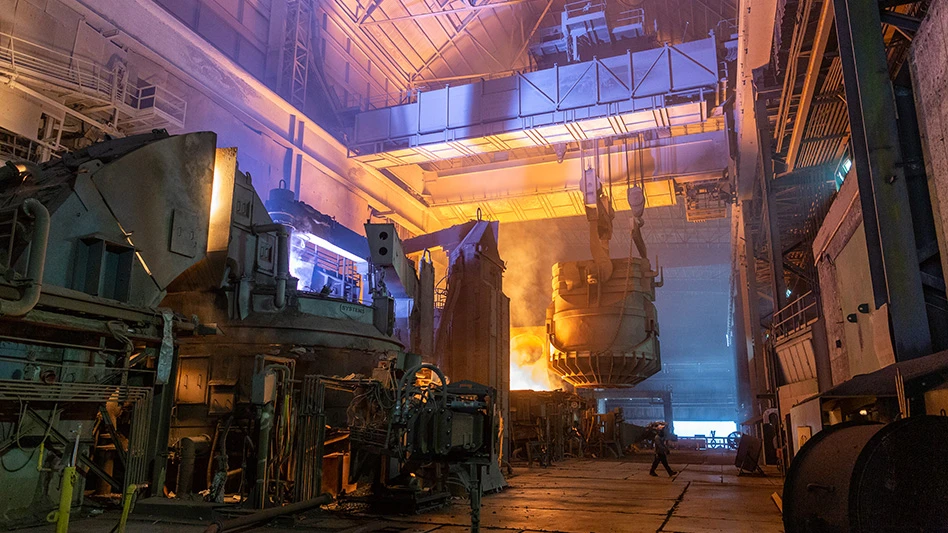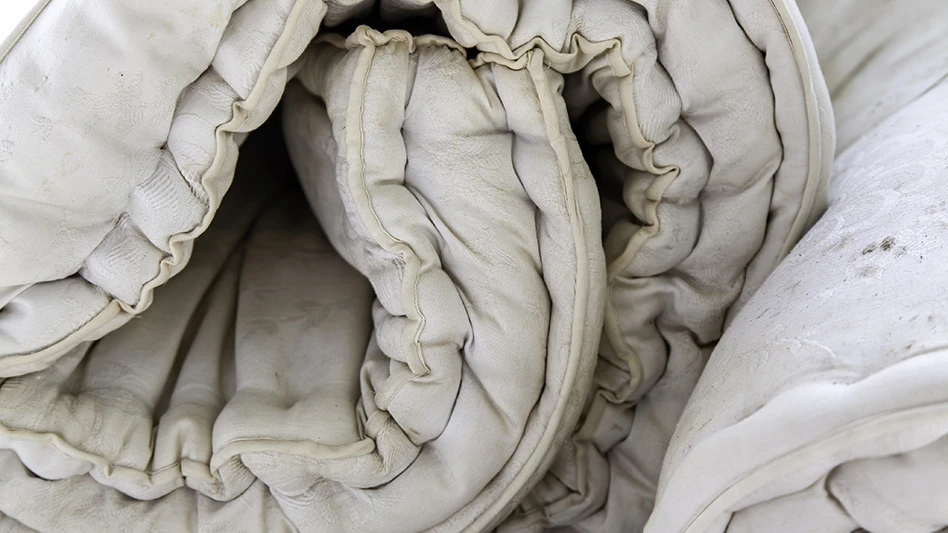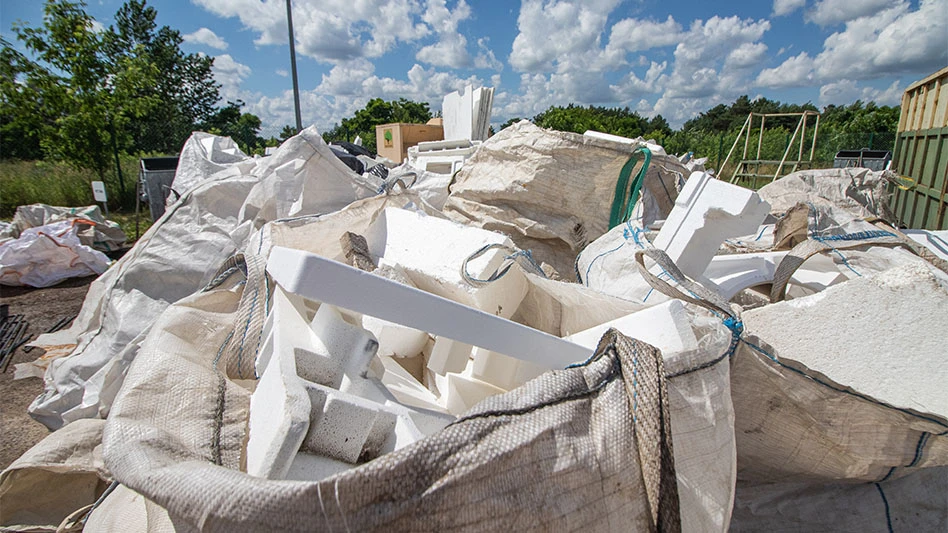
China’s Ministry of Environmental Protection (MEP) says its program to bring increased recycling activity to 46 cities in China is advancing, and tied the programs into a stated intention of reducing the nation’s dependence on imported scrap materials.
In a news release issued Jan. 2, 2018, the MEP referred to a program it says was announced in March 2016 requiring 46 cities to carry out “mandatory garbage sorting by the end of 2020.” Under the plan, all public institutions and companies are required to separate hazardous waste, kitchen waste and recyclable materials, according to the MEP.
By the end of November 2017, 12 cities had adopted laws and regulations on garbage sorting, while 24 had introduced work programs related to the issue, according to Wang Menghui, China’s minister of housing and urban-rural development.
In the same news release, the MEP says it also has “tightened control on imported solid waste, often referred to as ‘foreign garbage.” The agency refers to its July 2017 plan for banning imports “of 24 types of solid waste, including plastic waste, unsorted paper waste, crude textile waste and vanadium slag waste by the end of 2017.”
Adds the MEP, in a seeming endorsement of protectionist trade policies, “Importing garbage that can be replaced by domestic resources will be phased out by the end of 2019. The types and amount of garbage imports will be cut down steadily.”
The MEP news release refers to Guo Jing, chief of the International Department at MEP, as saying that imported scrap materials “played a part in making up for a domestic shortage of resources in the past, but as the economy and society have developed, the drawbacks of this practice have emerged, including environmental pollution and health threats.” States Guo, “Foreign garbage has been widely denounced.”
The MEP’s release also indicates that, “Despite the strict control, some companies still take risks to make profits by importing foreign garbage illegally,” and comments that several Chinese government agencies “have acted together to strengthen regulation and crack down on illicit garbage imports.”
From February to December 2017, agencies in China filed 298 criminal cases against “garbage smuggling,” investigated and verified 866,800 tons of materials involved, and detained 421 suspects, says the MEP.
While disdaining “foreign garbage,” in the same news release the MEP points to a program in Beijing's Tongzhou district involving more than 2,500 restaurants whose food scraps are being collected and consolidated.
By the end of October 2017, more than 4 million households in Shanghai had registered to get reward credits “if they throw away garbage in line with recycling requirements,” adds the MEP.
The MEP news release quotes Ying Yong, mayor of Shanghai, as saying, “Improving the city's ability in harm-free waste disposal and recycling is even more important than building a couple more skyscrapers. We should speed up the construction of terminal garbage disposal facilities.”
Latest from Recycling Today
- Alpla calls 2024 year of recycling growth
- Altilium says agreement puts it on lithium recycling path
- NWRA, SWANA partner to address lithium-ion batteries
- Corinth, Texas, renews waste contract with CWD
- Fresh Perspective: Sarah Zwilsky
- Plastics Industry Association announces leadership changes
- QCC celebrates 50th anniversary
- Venture Metals acquires 2 nonferrous processors





